Best Ways to Save on Prescription Drugs — Discount Programs
Here's how to save on prescription drugs with various discount programs. Plus, diabetes patients can save on insulin with Eli Lilly.
March 1 2023, Published 3:23 p.m. ET
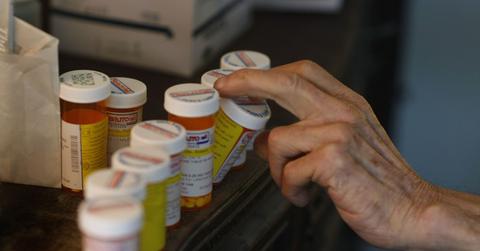
One of the toughest parts of a budget to streamline is the cost of prescription drugs. Since people rely on prescription drugs to stay alive and healthy, they often don't have a choice about which brands they buy. Fortunately, there are ways to save on these crucial medicines.
Americans can order many of their prescription drugs online or order them via the mail from major retailers such as Walgreens and CVS. They can also turn to coupons, discount programs, and request to receive only generic versions of prescriptions to save money. Mark Cuban's discount pharmacy is a newer option on the market. Keep reading for our best tips on how to save on prescription drugs.
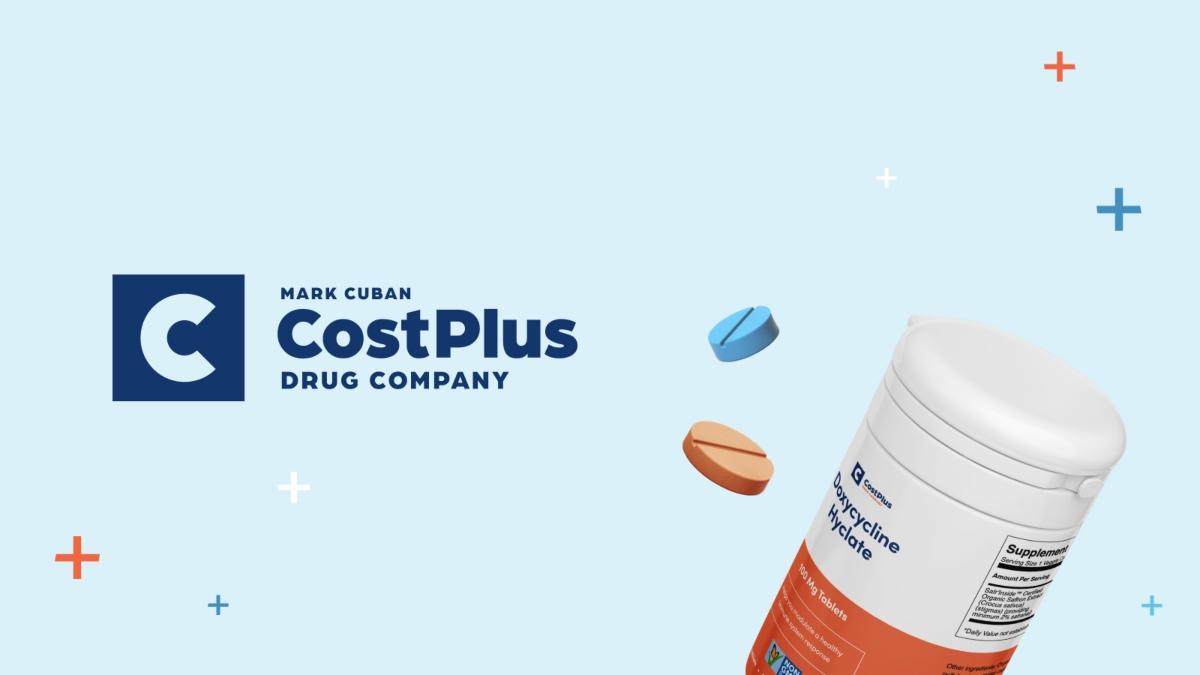
Mark Cuban's online pharmacy, CostPlus, offers certain prescriptions at a steep discount.
1. Save money by switching to generic prescription drugs.
One of the simplest ways to save on prescription drugs is to switch to generic versions of the name-brand medicines. Numerous pharmacies offer generic drugs at a discount. As Medline Plus notes, generic drugs have the same formulation as name-brand drugs. For some medicines, a "therapeutic equivalent" may work, although it isn't exactly the same as a name-brand drug.
Those who have drug coverage through CVS/Caremark can get discounts on several dozen generic drugs by buying through CVS. Consumer Reports also states that people with Aetna health insurance can get discounts on some meds through the Aetna Rx Discount Pharmacy Card.
2. Save on prescription drugs through a prescription discount program.
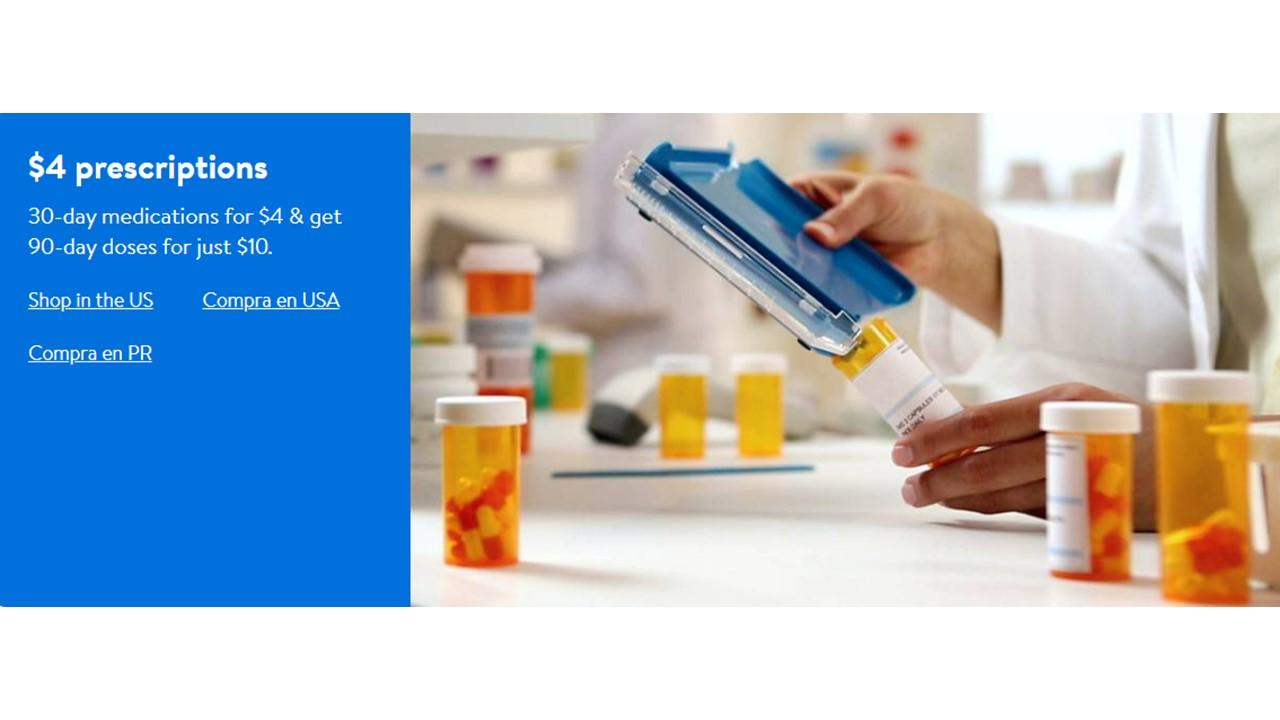
Certain retailers have prescription discount programs. For example, Walmart's free program produces dozens of medications priced at $4 for a 30-day supply and $10 for a 90-day supply. Walgreens has a program that costs $20 per individual or $35 per family per year. Over 8,000 medications are discounted and you can get three months of refills for the price of two on certain value generic drugs.
3. GoodRx offers coupons you can use at a walk-in pharmacy.
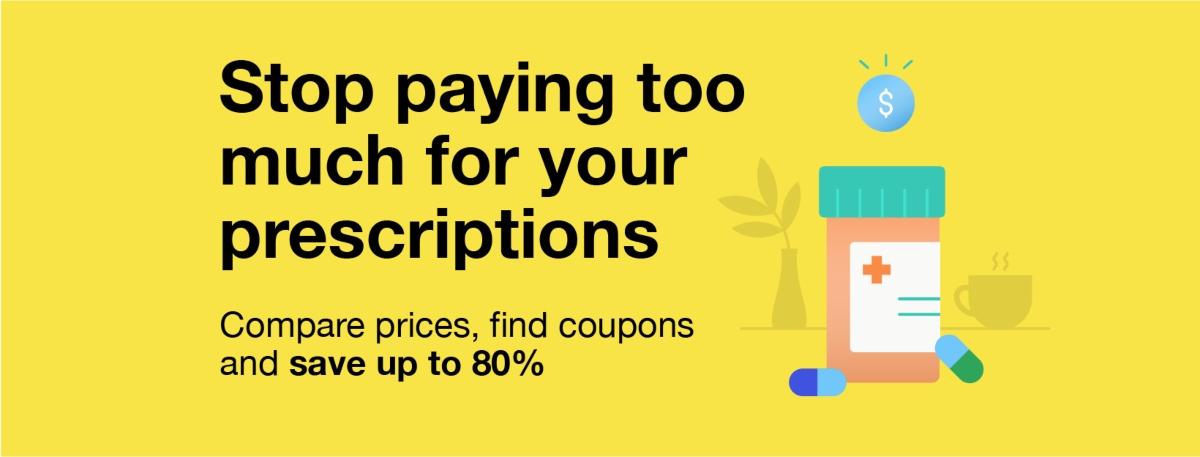
GoodRx is a way for people to save on prescriptions at any pharmacy.
GoodRx offers coupons on its website and free app, which can help you save up to 80 percent. Using GoodRx may help you compare prices at different pharmacies as well. If you join the GoodRx Gold program for $10 per month, you can get 1,000 prescriptions for under $10 each. Plus, telehealth provider visits are as low as $19.
4. Try patient assistance programs to save on prescriptions.
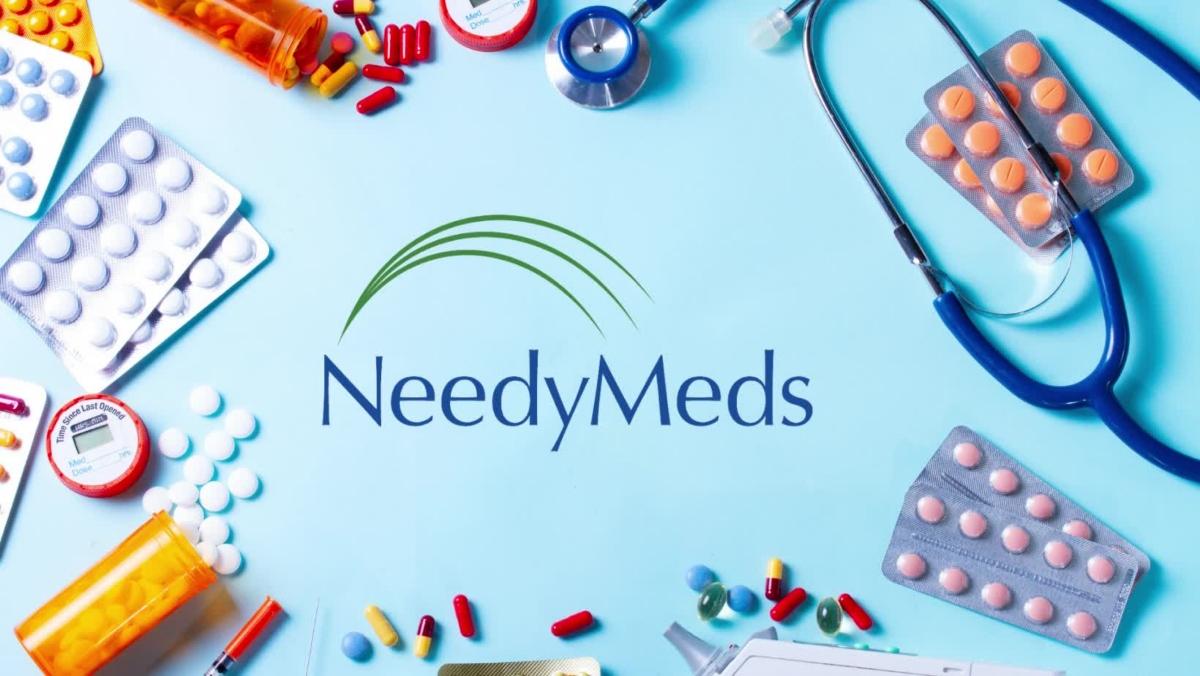
NeedyMeds helps people with the cost of their medicines.
There are patient assistance programs available to help those who can't afford their necessary medications. NeedyMeds is one resource that helps patients find prescription programs that apply to them. RxAssist is another online directory of patient assistance programs. It's run by pharmaceutical companies to provide free medications.
5. Mail-order and online pharmacies are good resources for saving on prescriptions.
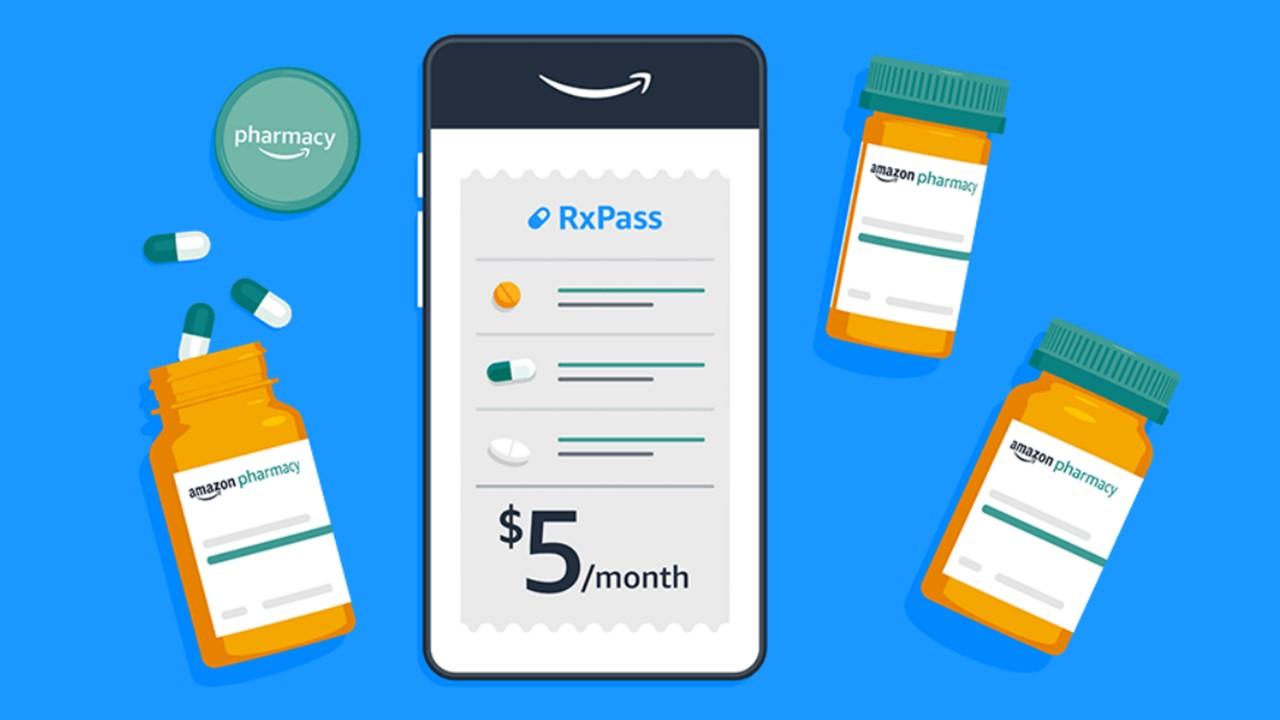
For those looking for how to save on prescriptions, new online pharmacies are popping up all the time. Online or mail-order pharmacies are often able to provide prescriptions at deep discounts. These are a few of the options:
- GeniusRx
- Honeybee Health
- Mark Cuban Cost Plus Drug
- Ro Pharmacy
- ScriptCo Pharmacy
- Amazon Pharmacy
- Costco
Each online pharmacy has its own specific qualifications and benefits. Amazon Pharmacy, for example, just rolled out RxPass for Prime members to get certain meds for $5 a month. Most online pharmacies offer a large number of medications, but they're still limited and you won't be able to get every possible drug from them.
Eli Lilly is working to make insulin more affordable for people with private insurance.
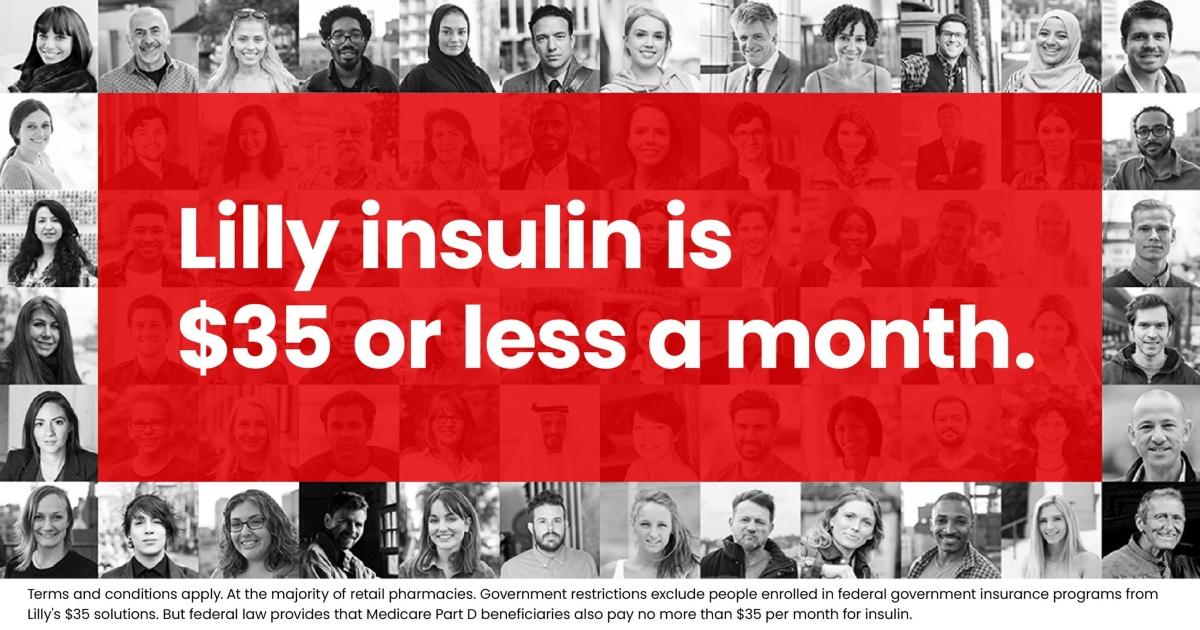
Prescription costs are a struggle for many Americans to cover, particularly as they grow older. They require more medications and are often on a fixed income. Insulin has been a battleground among pharmaceutical companies lately, and President Biden recently called on Congress to cap insulin at $35 monthly for everyone.
On March 1, 2023, CNBC reported that Eli Lilly is slashing the cost of most of its insulin by 70 percent and capping the cost for those with private insurance at $35 per month out of pocket. However, the CEO said 70 percent of Americans don't use Lilly's insulin, so this move doesn't impact every diabetes patient.
